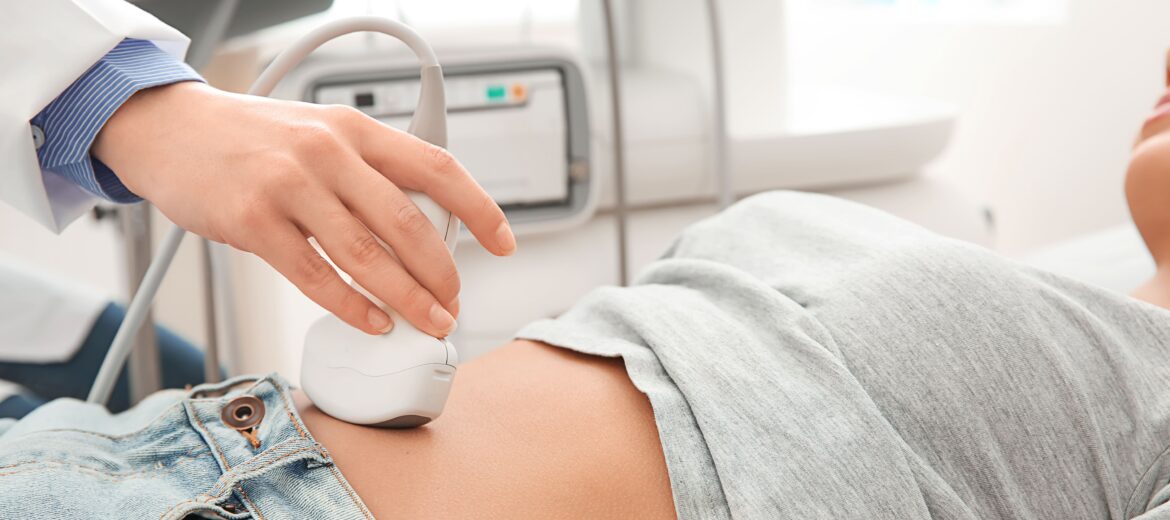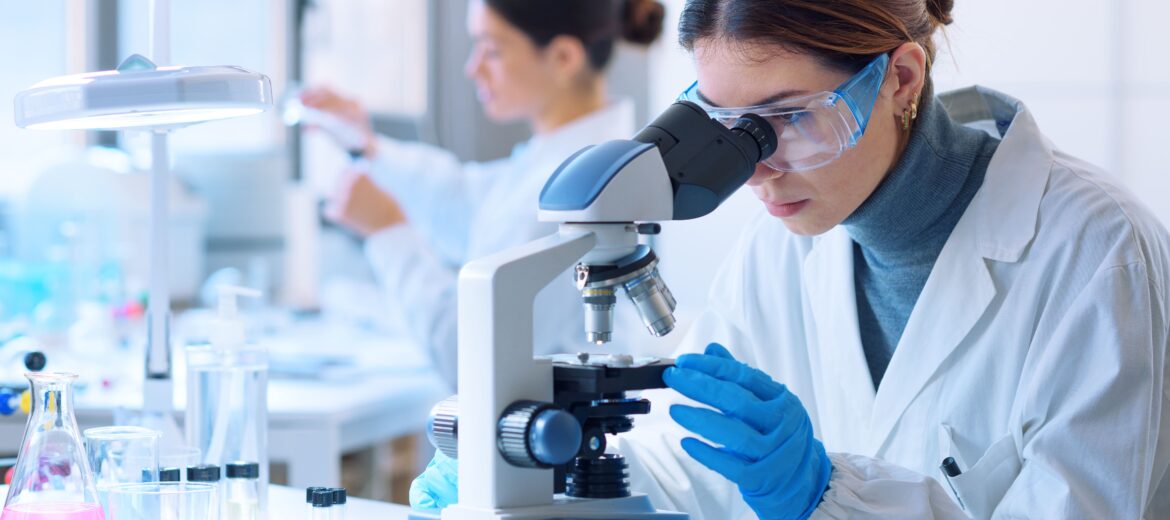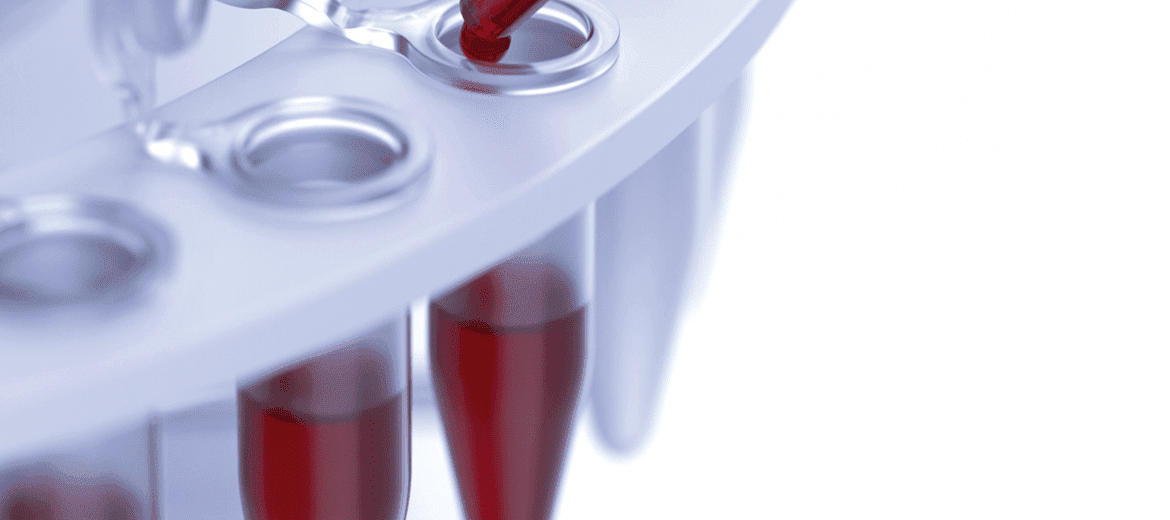Low ovarian reserve and use of PRP
Low ovarian reserve:
A woman’s ovarian reserve is made up of primordial ovarian follicles called dormant follicles, which are found in the ovary from the intrauterine (fetal) period of the woman. Each month, each ovary activates about 1000 primordial follicles, in a process that lasts several months, to become a more complete structure,










